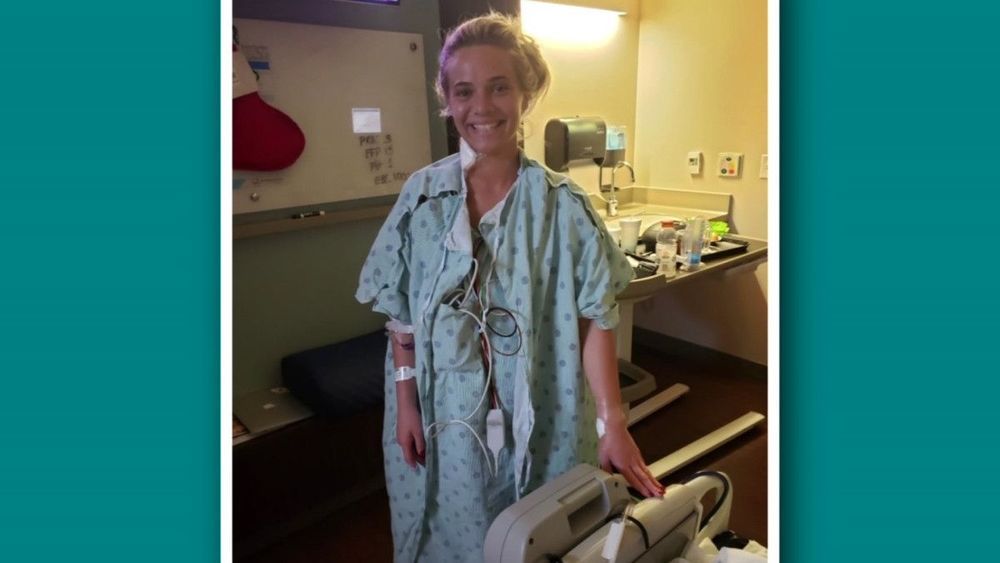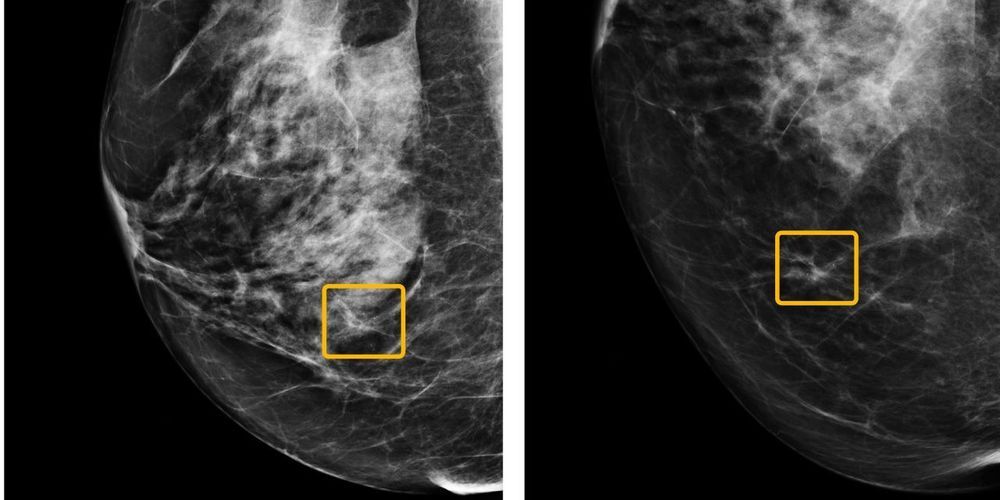The insulin pumps diabetics currently rely on do a great job of delivering the hormone as needed, but need regular replacing due to what are known as fibrils. These form over a day or two as insulin compounds accumulate into clumps and create the risk of blockages, but scientists in Australia have engineered what they say is a safer alternative, with egg yolks serving as their starting point.
The formation of fibrils means that diabetics need to replace their insulin pumps every 24 to 72 hours to avoid the risk of dangerous blockages, which bring with them a risk of life-threatening under-dosing. Beyond the dangers to the patient’s well-being, the need to regularly replace the pump increases the workload needed to manage their disease and means that portions of the medicine often go to waste.
So, there is considerable interest in developing synthetic insulin that doesn’t behave in this way. Researchers at Melbourne’s Florey Institute of Neuroscience and Mental Health approached this problem through a new technique it developed with scientists in Japan, whereby the insulin is engineered from egg yolks to allow for greater freedom over the final design.




